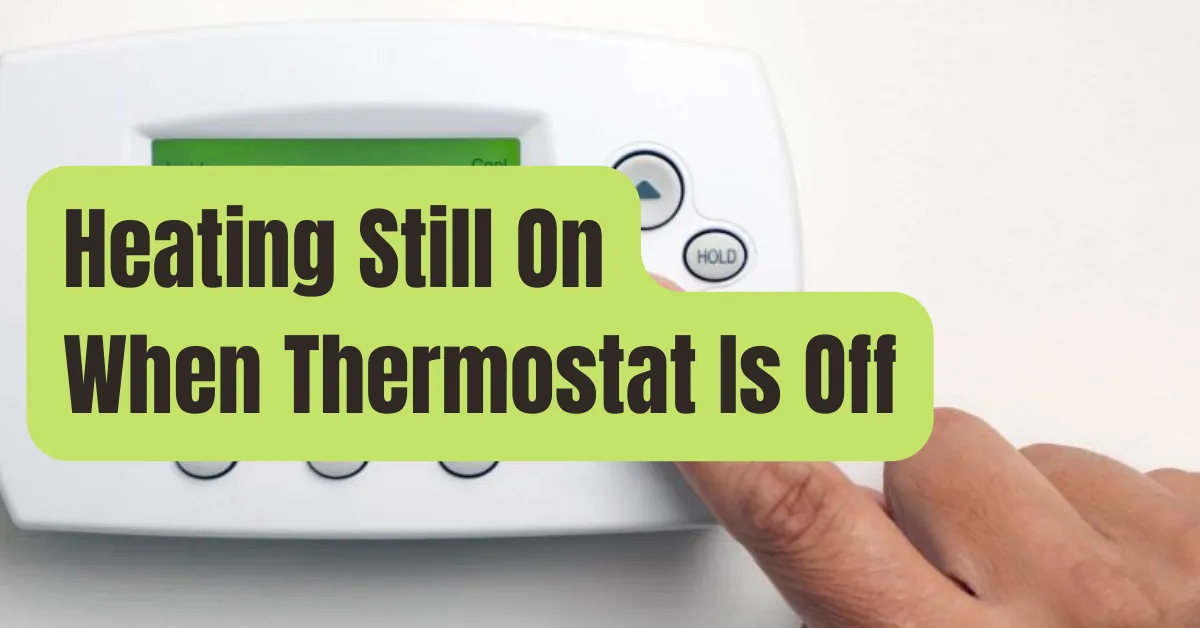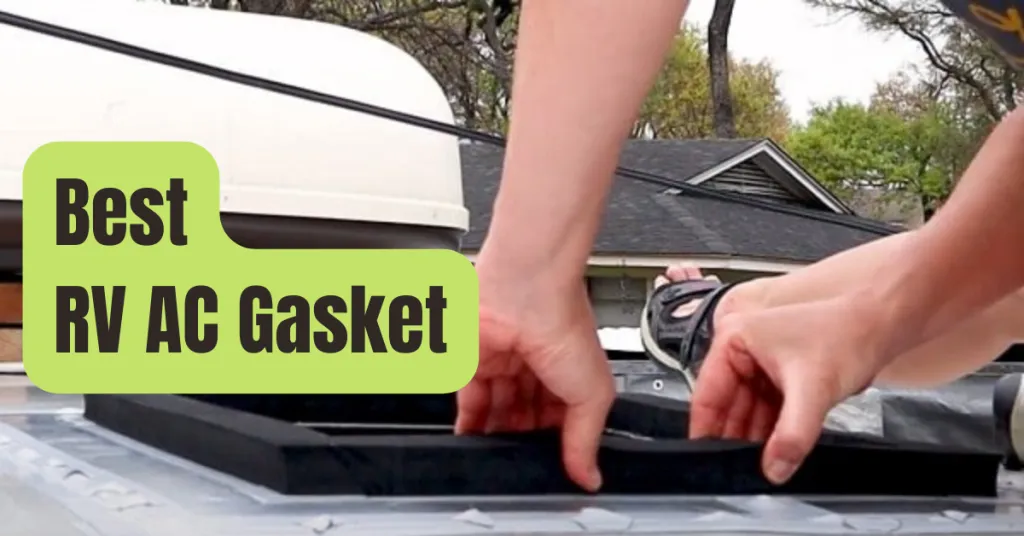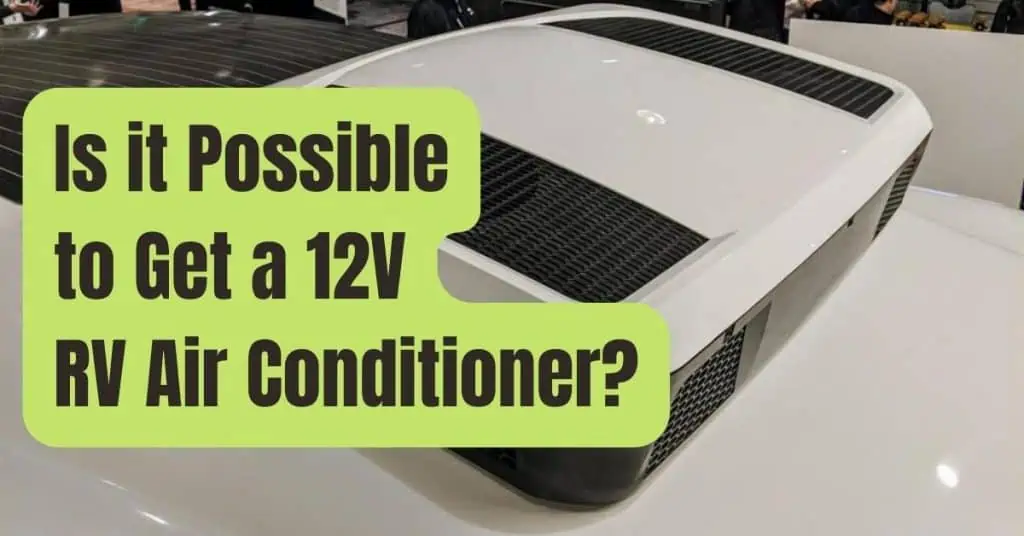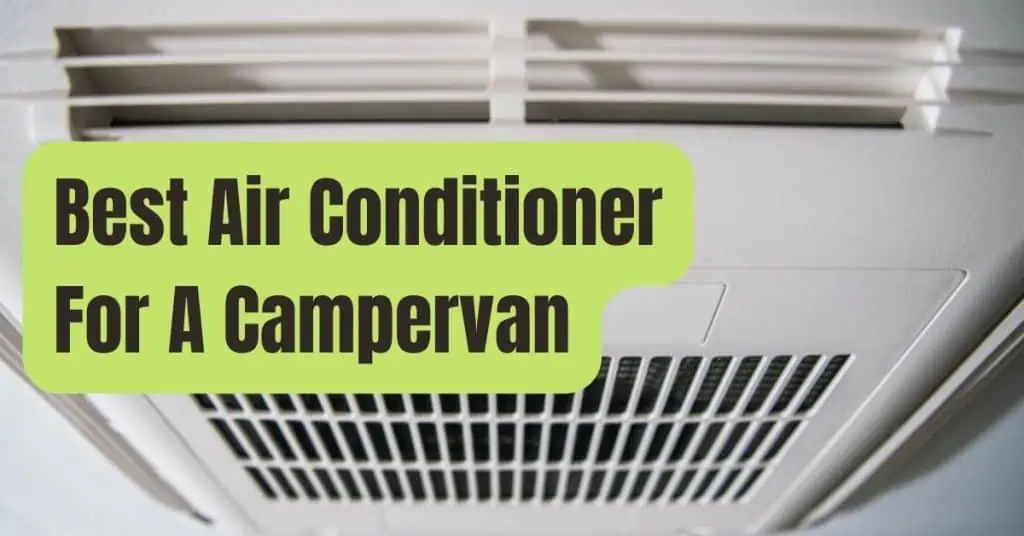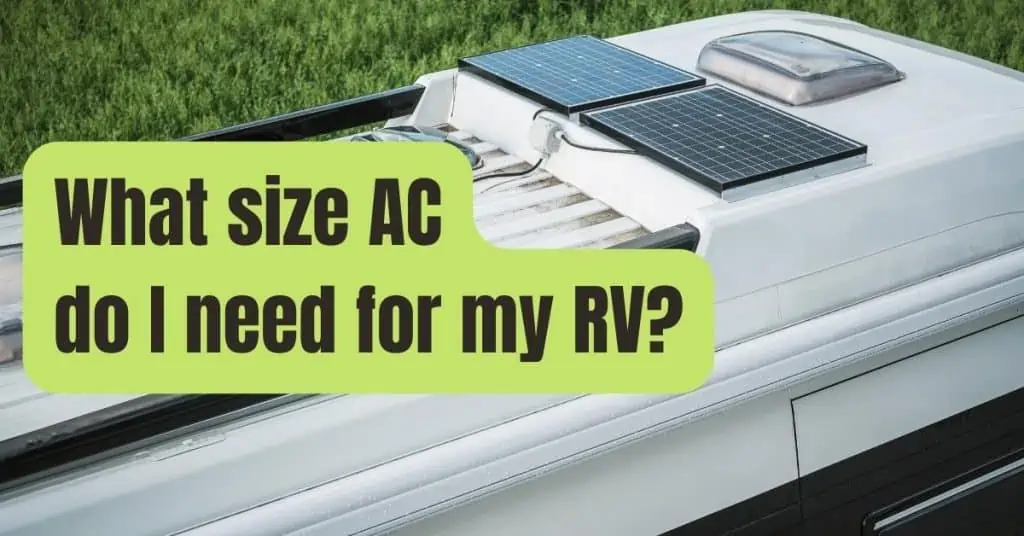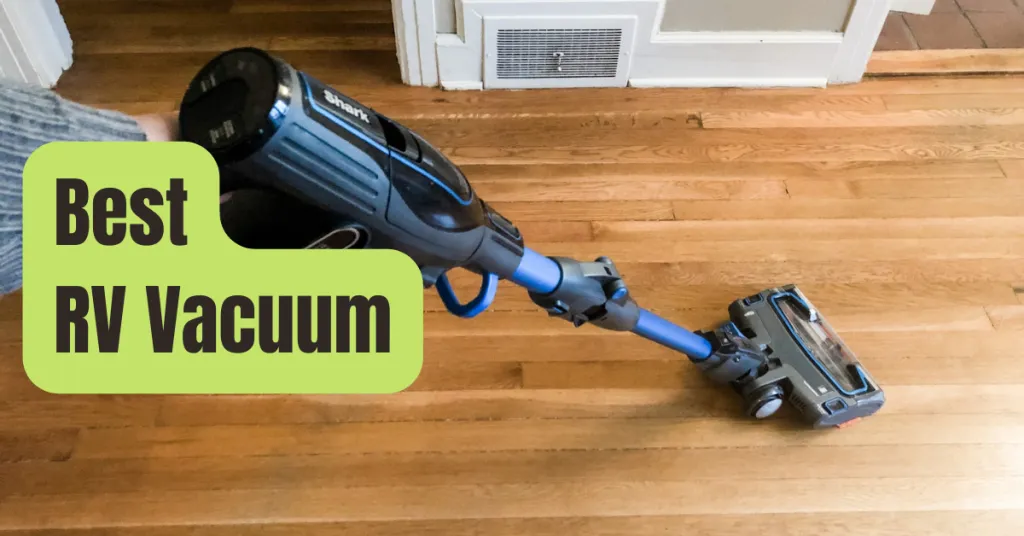The “brain” of your HVAC system should be your thermostat.
It is intended to regulate the activities of your heater, air conditioner, and, to a certain extent, ventilation system.
Your thermostat will sometimes cease operating or just turn off.
What does it signify when this occurs when your heater is still on? Do you need to run away?
The most frequent cause of a heater that continues to operate after the thermostat has switched off is a wiring problem.
The wire leading to the furnace is obviously being touched, thus it is still receiving a signal.
This often indicates that your thermostat or HVAC system has a short.
I won’t mince words.
If I saw this occurring to my own house, I would be perplexed.
Fortunately, a small amount of study was able to shed a lot of light on this puzzling and often little frightening issue.
Why This Is Happening & What to Do, in a Video
Before You Get Anxious, Rule Out Common Errors.
Is the heat merely turned off on your thermostat, or is it really off? You could be taken aback.
There are numerous ways to explain this issue, but in the great majority of situations, it simply means that your thermostat is sending you a “off” signal.
Let’s look at frequent errors before you conclude it’s anything severe.
#1. The Finish Line
Your thermostat will heat your house to the temperature you set it to, reach that degree, and then turn off.
The problem is that it doesn’t turn off right away.
Your furnace will continue to operate for a few minutes after your thermostat turns off.
It only needs to complete its cycle.
Ten to fifteen minutes should pass.
If it is a matter of a cycle, you should hear everything shut off after that.
Less hot air will exit the vents, while more will.
If it’s still operating, something else could be happening.
#2. Verify The Furnace Fan.
Your furnace’s fan may sometimes be turned on to help cool things down.
When this occurs, it’s simple to confuse the fan’s operation with the presence of heat.
You’ll notice that the air is cool if this is the case (or just room temperature).
To determine whether this is the case, try turning off the fan.
Note: The fan limiter switch may also be set to “MANUAL.” This implies that in order to determine if that is the case, you may need to manually turn off the furnace fan.
If it turns out that your furnace is the source of the noise, you’ll need to check your thermostat’s electrical circuits.
#3. A Restart Is Necessary
A thermostat may get stuck on a certain indication, particularly if it has been operating constantly for a while.
This suggests that you may not encounter many issues.
Sometimes all your thermostat needs is a reset.
Give your thermostat some time to settle after resetting it.
Continue with a different diagnostic test if you still see that your thermostat isn’t operating as it should and your furnace isn’t turning off.
This implies that there could be a somewhat more urgent issue.
How Is My Thermostat Off But My Heater Is Still On?
Even if your thermostat is off, a heater may still be operating.
If it is, it’s not a positive thing, however.
Since your thermostat is off, it is obvious that something is wrong since everything should be off.
Here, we’ll examine the key problems that might lead to this.
#1. Your Heater’s Wiring May Be The Issue.
Sometimes the cabling connecting your thermostat to your heater requires repair instead of the thermostat itself.
If so, you could see a frayed wire or other indications of wiring deterioration.
This problem may be resolved by taking out and changing the cabling that connects your heater to your thermostat.
It goes without saying that for some individuals, doing this alone, might be a little much.
Call an HVAC technician or electrician if dealing with wiring does not suit you.
#2. An Issue With The Thermostat
There must be some kind of power route to your wiring for your heater to continue to operate even if your thermostat is off.
The problem is that a short in your thermostat may prevent power from reaching the majority of it while still providing power to the furnace component of it continuously.
You can have a thermostat that seems to be dead at first sight yet continues to randomly emit signals.
This indication may sometimes be for your furnace.
You may need to buy a new thermostat if you think this is the problem.
Sadly, there is no other solution than replacement.
#3. A Poor Control Panel
This is the worst of all the issues that could result in your heat continuing to operate after your thermostat has switched off.
Your furnace’s control board is malfunctioning in this instance.
This means that even if you aren’t continuously calling for heat, your control board maintains believing that you are.
Therefore, there are a few approaches to attempt to resolve this:
- Try manually turning off the furnace first, then turn it back on. It’s always a good idea to manually restart your furnace. Like with most other technologies, a simple restart may be able to solve certain problems. Your control board can get unlooped as a result of this.
- Replace your control board if necessary. Not to add, fixing this is costly and a headache. You may need to hire an HVAC technician to conduct a diagnosis if you have grounds to assume that your control board is malfunctioning. Let’s hope that’s not the case.
- The worst case scenario is that the furnace may need to be replaced. Although very uncommon, this might happen if the control board and other components have already begun to malfunction. Instead of a remedy for the control board, it is often decided to replace an outdated furnace as a whole.
Should You Contact A Certified HVAC Technician?
Despite popular belief, hiring qualified HVAC technicians is the greatest solution to this problem.
This might happen for a variety of reasons, particularly if your circuit is really complicated.
Calling a professional is a fantastic method to prevent having a fire danger on your hands since there is a possibility that an electrical issue might be the cause of this problem.
A good rule of thumb is that if you don’t feel comfortable repairing your own system, you should contact someone as soon as possible.
It could be time to think about it if switching out your thermostat or restarting it didn’t help.
Call an HVAC technician right away if you have any cause to believe your furnace may be malfunctioning.
Should You Contact A Certified HVAC Technician?
Despite popular belief, hiring qualified HVAC technicians is the greatest solution to this problem.
This might happen for a variety of reasons, particularly if your circuit is really complicated.
Calling a professional is a fantastic method to prevent having a fire danger on your hands since there is a possibility that an electrical issue might be the cause of this problem.
A good rule of thumb is that if you don’t feel comfortable repairing your own system, you should contact someone as soon as possible.
It could be time to think about it if switching out your thermostat or restarting it didn’t help.
Call an HVAC technician right away if you have any cause to believe your furnace may be malfunctioning.
FAQs
What may result in a thermostat short circuit?
Numerous factors, such as a significant spike in the electrical grid, might result in a short circuit.
However, damage to the thermostat’s wiring is often to blame more frequently.
While a short might result from a setup that was poorly made, it is most often brought on by things like floods or overheated circuitry.
Why does my heater turn off before my thermostat?
Thermostats are not intended to be used as universal switches; rather, they are used to start heating and cooling cycles.
In other words, it will take some time for your home’s heating element to finish up when your thermostat indicates that the heat is currently off.
In essence, it is saying to your furnace, “Okay, enough.” Finally, wrap up the heat, and we’re ready to depart.
How frequently should the fuse in your thermostat be changed?
In all honesty, you should only change the thermostat fuse when it blows.
It could be time to contact an electrician if you discover that you’re changing fuses often (more frequently than once per year to six months, at most).
This shows that you could have a hidden electrical problem that is supplying your machine with more power than it should.

